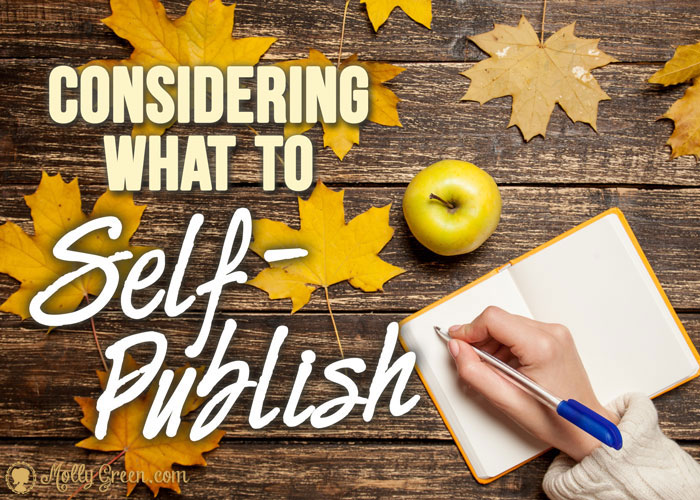By AK Fielding
I have several self-published books on the market and although I do not claim to be an expert in the field, I have definitely gained valuable insight from my experiences. Since many people have contacted me with questions about self-publishing, I am taking the next few articles to discuss the process. Today, there are a plethora of self-publishing venues, but it is still important to make sure you do your homework before publishing your work. To help with the process, here is a short list of items that you should consider: What. Why. Who. When. How.
What is your subject? Why are you writing about it? Who is your audience? When should you publish your work? How should you publish your work? In this article, I want to address what to publish. To decide if you have something worth publishing, or the “what” from your list, consider the following:
- Have you chosen a topic that not only is meaningful to you, but is also something that others will find helpful? Anyone can publish anything, but how does your work serve your purpose? Moreover, how does it serve others? Try this exercise: Take a piece of paper and write down what subjects you want to address. Then try to write ten points about each topic. Which topics do you know a lot about? Which topics did you think you knew well but now realize the opposite to be the case? You are brainstorming for ideas and this process will help you narrow down your choices.
- Before you publish, you must write. Once you have discovered your topic, begin your writing process by creating a draft of your work. Realize this is not the final version that gets published. Your first draft is just that, a draft. Take time preparing an outline—which is essentially an extension of your brainstorming ideas from the previous exercise. Next, use your outline to create your draft.
- After you write your draft, make sure you proofread and edit your work. Indeed, proofread your work several times, before you jump to publish it. Understand that it is okay to edit chunks of your work if necessary as long as it makes your work better. Your whole focus at this point should be to make your work polished. Don’t depend on the spell checker to do your work. Make sure you check the proper placement of your words. Check your grammar, formatting, and capitalization. All this may seem tedious, but it makes a huge difference to your future readers and it should be important to you as a writer. I would recommend using The Elements of Style by William Strunk Jr. and E. B. White to help in the process.
- Learn from the success and failures of other writers. Research other self-published works. When I was preparing to publish my first book, I did my research and found books thrown together without any proper proofreading or editing work done. There were spelling errors on the cover page of one book and the formatting of another was missing page numbers. Do not let that happen to you. You have taken great pains to write your book, make sure you take the time to ensure everything looks as great as possible before you publish your work. Not only will this save you embarrassment but it will also help save time and effort by eliminating the need to re-do the work after it is published. Remember, as a self-published writer, you are the publisher of your work. Unless you hire other people to work for you, you must work diligently to ensure your work is meticulous and error free. Double, even triple check your work, at each stage. In addition, highly consider hiring someone to edit your work for you—preferably a professional editor. No matter how experienced or talented you are, no writer ever catches their own mistakes like an unbiased/professional person would.
Before you decide on whether or not to self-publish your book, figure out what your book is about and if it is a subject that you know well. If you are knowledgeable about your topic, then proceed with writing, proofreading, and editing your draft until it is error-free. Follow the steps above to help guide you in the process of writing your book. Next time, we will consider why you should publish your work.
AK Fielding is an historian, artist, writer, illustrator, and homeschool educator. Her articles on American history have appeared on the Journal of the American Revolution, Illinois Heritage Magazine, Hoosier Heritage Magazine, new media publications, and her blog. Her art has appeared in galleries and national and international publications. For more information about her art and books on American history, please visit: http://trehanstreasures.com/.





